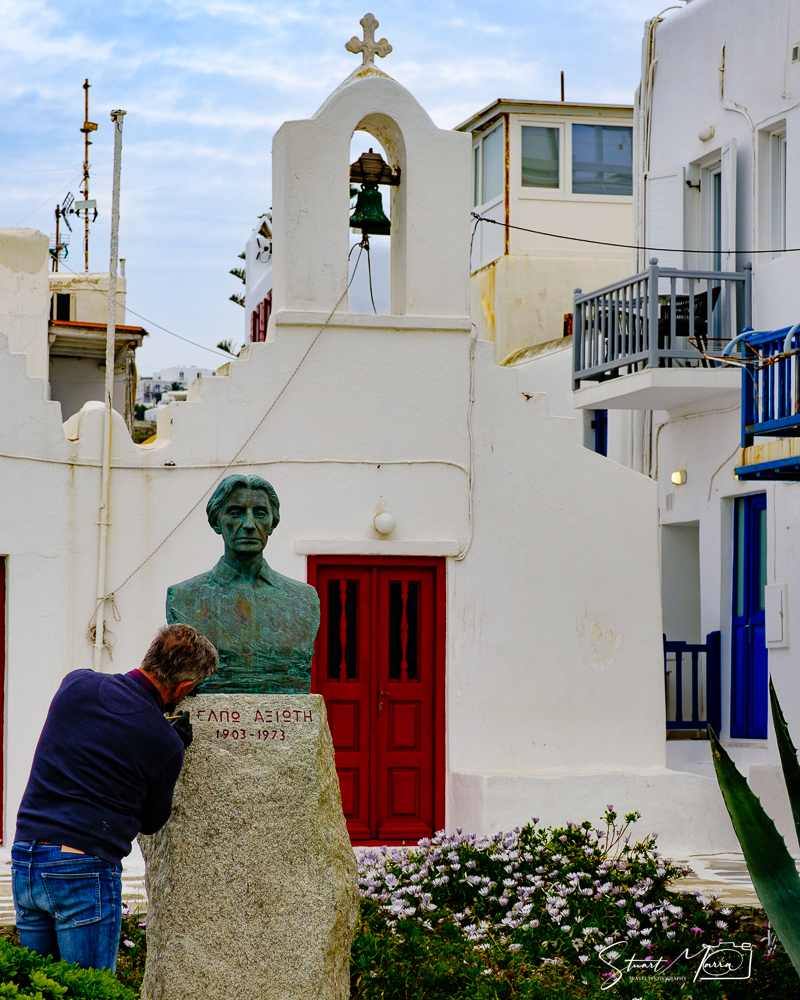
Amidst the ruins and relics of Athens, where history whispers tales of gods and heroes, there’s another tale, often less told but just as enchanting—the story of Ancient Greek luxury. As I wandered through the storied lanes and marbled pathways, I was drawn into a world of unparalleled elegance and grandeur.
Baths and Banquets: The Ancient Spa and Dining Experience
Long before the modern world discovered spa retreats and fine dining, the Greeks had nailed it. The ancient baths, with their intricate systems of heating and cooling, were places of both relaxation and social interaction. Adjoining these were banquet halls where opulent feasts unfolded. The modern equivalent? Perhaps a high-end spa retreat followed by a Michelin-starred dinner.
Going back in Time: The Beauty of Greek History
My visit to the National Archaeological Museum unveiled a treasure trove of jewelry. From intricate gold earrings to gem-studded tiaras, it was evident that accessorizing was an art form even back then. Contemporary jewelry brands, with their emphasis on craftsmanship, seem to echo the aesthetic values of these ancient artisans.
Theater: The Original Entertainment
Luxury wasn’t just tangible; it was experiential. The ancient theaters, with their majestic architecture and acoustics, were places of grand entertainment. Today’s luxury cinemas and theaters, offering plush seating and gourmet dining, are perhaps an ode to these Greek predecessors.
Reflections on Modern Luxury
As I sat in a modern café in Athens, sipping on a finely crafted Greek coffee and watching the world go by, it became evident that the definitions of luxury have evolved, yet the essence remains the same. We still seek sensory pleasures, artistic expressions, and experiences that elevate the soul. The ancient Greeks, with their penchant for the finest, have certainly left an indelible mark on today’s conceptions of luxury.
From drapery to dining, and festivities, the heartbeats of ancient Greek luxury pulsate through time, reminding us that elegance and opulence have always been, and will always be, an intrinsic part of human culture.



